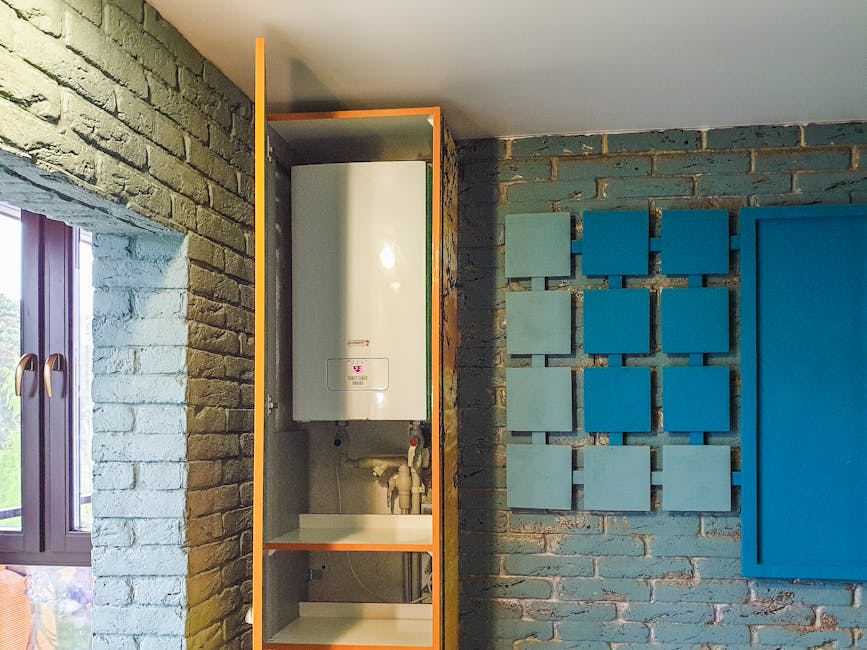Septic system maintenance is crucial for ensuring the proper functioning of your wastewater treatment system and preventing costly and potentially hazardous issues. Proper septic maintenance involves regular inspections, pumping, and adopting good practices to keep the system in optimal condition. Here are several reasons why septic maintenance is important:
1. Preventing System Failures:
Regular maintenance helps identify and address potential issues before they escalate. A neglected septic system is more prone to failures, leading to backups, overflows, and expensive repairs. Routine inspections can catch problems such as leaks, blockages, or component malfunctions early on, preventing major system failures.
2. Extending System Lifespan:
A well-maintained septic system can last for many years. Regular pumping of the septic tank removes accumulated solids, preventing them from reaching the drainfield and clogging the system. This proactive approach helps extend the life of the septic system, saving homeowners from the expense of premature replacements.
3. Protecting Property Value:
A malfunctioning septic system can significantly reduce the value of your property. Foul odors, sewage backups, and visible signs of septic problems can be off-putting to potential buyers. Regular maintenance ensures that your septic system operates efficiently, contributing to a healthier and more attractive property.
4. Preventing Health Hazards:
Untreated wastewater from a failing septic system poses serious health risks. Contaminated water can spread diseases and pathogens, affecting both humans and animals. Regular maintenance prevents the release of harmful bacteria and pollutants into the environment, safeguarding the health of your family and the community.
5. Cost Savings:
The cost of routine septic maintenance is significantly lower than the expenses associated with major repairs or system replacements. Addressing issues early on helps avoid emergency situations, which often require immediate and expensive solutions. Investing in regular maintenance is a cost-effective way to preserve your septic system and avoid financial burdens down the road.
6. Environmental Protection:
A malfunctioning septic system can contribute to groundwater contamination and environmental pollution. Harmful bacteria, nutrients, and chemicals can leach into the soil and nearby water sources, negatively impacting ecosystems. Proper maintenance reduces the risk of environmental damage, promoting sustainability and responsible wastewater management.
7. Compliance with Regulations:
Many areas have regulations and guidelines for septic system maintenance. Regular inspections and pumping ensure that your system complies with local regulations. Compliance is not only a legal requirement but also a responsible approach to environmental stewardship and community well-being.
8. Conserving Water:
Water conservation is essential for septic system health. Excessive water usage can overload the system, leading to inefficiencies and potential failures. Educate household members about water-saving practices, such as fixing leaks, using high-efficiency appliances, and spreading water usage throughout the day.
In conclusion, septic maintenance is a fundamental aspect of responsible homeownership. Regular inspections, pumping, and adherence to best practices contribute to a well-functioning septic system, protecting your property, health, and the environment. By investing in routine maintenance, you not only prevent problems but also promote sustainable and efficient wastewater management for years to come.
Contact Countryside Sewer and Septic today for your septic and plumbing needs.
Flexible Financing Options
Get the service you need now pay over time with easy, affordable financing plans.

Blogs


Libertyville's Lifesavers: Your Go-To Guide for Emergency Plumbing


